Crisafulli government promises rubbish plan overhaul but keeps waste levy
The new Queensland government will keep Annastacia Palaszczuk’s contentious waste levy, despite David Crisafulli previously slamming the policy for hurting ‘every business every day’.
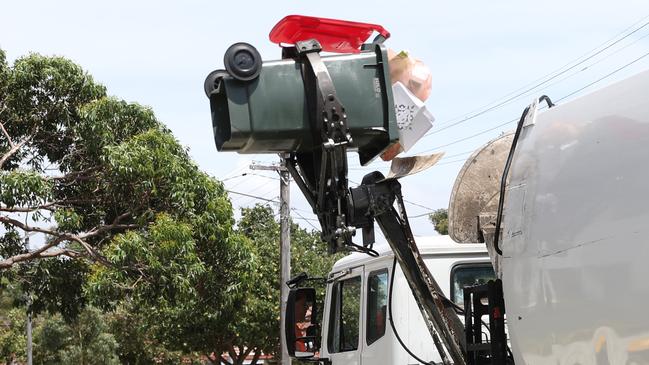
Annastacia Palaszczuk’s contentious waste levy will be retained by the new Liberal National Party government in Queensland, despite David Crisafulli in opposition slamming the tax as a revenue-raising measure that would hurt “every business every day”.
New Environment Minister Andrew Powell said Queensland had the worst recycling rates in Australia under the former Labor government and while the LNP administration would keep the waste levy, there could be a review over the next year of the state’s “broader waste strategy”.
“Queensland’s waste levy will remain in place under the Crisafulli LNP government,” Mr Powell told The Australian.
“Over the next 12 months we will be reviewing our broader waste strategy.
“We will consult with waste managers, councils, recycling organisations and consumers to find the best way for Queensland to continue to reduce landfill, and increase recycling.”
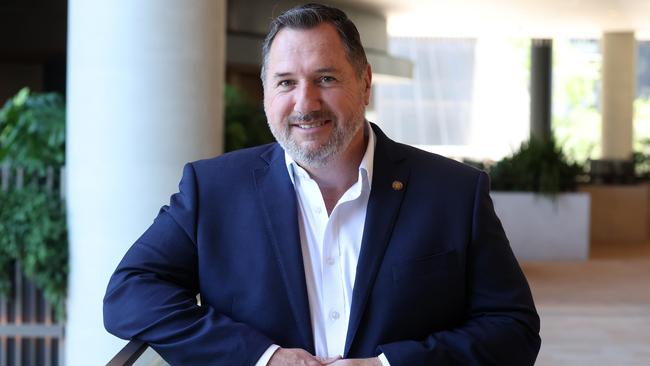
In 2019, the Palaszczuk government reintroduced the state’s waste levy – which requires landfill operators such as councils and private businesses to pay the government a fee for each tonne of dumped rubbish, theoretically making recycling more attractive – after the one-term LNP Newman government scrapped the policy.
When the levy was resuscitated, then opposition environment spokesman Mr Crisafulli was heavily critical of the measure, declaring “the waste tax would affect every business every day”, and slamming Labor’s approach as not a “waste strategy (but) a revenue strategy”.
The latest national comparison of recycling performance shows Queensland is still the worst-performing state at recovering resources and recycling by diverting rubbish from landfill. In the most recent National Waste and Resource Recovery Report, published this month, Queensland has the second-lowest resource recovery rate (47 per cent), beating only the Northern Territory (34 per cent), and well below the national rate of 66 per cent.
Queensland’s current waste strategy has set the targets for 2050 of reducing household waste by 25 per cent, recovering 90 per cent of waste and ensuring it doesn’t go to landfill, and hitting a recycling rate of 75 per cent.
This year, the rubbish sector unsuccessfully advocated for the waste levy to be hiked to keep pace with other eastern states, to prevent Queensland becoming a dumping ground for interstate refuse.
Queensland’s waste levy rate lags well behind both NSW and Victoria, making it much cheaper to dump rubbish in the Sunshine State.
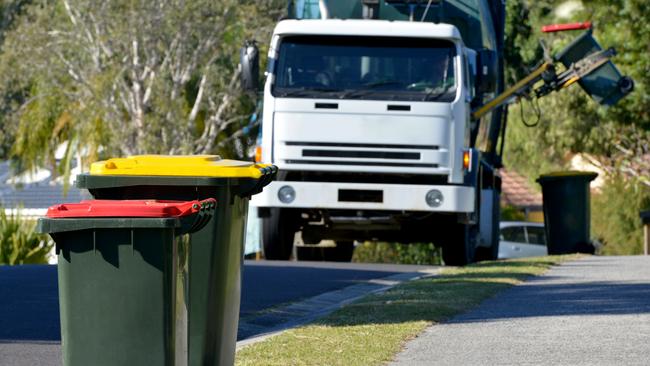
Gayle Sloan, chief executive officer of the Waste Management and Resource Recovery Association of Australia, warned the new LNP government its waste strategy review needed to happen as soon as possible or it risked the state becoming a dumping ground for interstate refuse.
“Queensland to date has not capitalised effectively on the waste levy introduction, with recovery rates remaining low, and it continues to miss current strategy targets, inhibiting job creation and investment in Queensland,” Ms Sloan said.
“In industry’s view, this work should begin early in 2025 or, given NSW is currently reviewing their levy settings and landfill infrastructure, Queensland will miss a big economic opportunity, and risk that the trucks from Sydney start driving back to landfills in Southeast Queensland, which no one wants.”
Australian Council of Recycling chief executive officer Suzanne Toumbourou said the LNP’s review should require recycled materials to be used in building stadiums and other infrastructure for the 2032 Brisbane Olympic and Paralympic Games, and tighten rules about dumping batteries.
“Items that contain batteries – like vapes, electric toothbrushes, and your kids’ light-up shoes – create huge issues for our sector,” Ms Toumbourou said.
“We’ve had 10,000 battery-related fires a year across Australia and that’s just in the resource recovery, recycling and waste system: from trucks to recycling facilities to landfills.
“In a lot of the country, and a lot of Queensland, there’s no avenue to dispose of them, like vapes for example, to ensure they’re not placed in conventional rubbish.”
At this month’s meeting of Australia’s environment ministers, all ministers – except Queensland’s Mr Powell – agreed to a stronger national action plan to reduce waste and recover more resources, and noted the need for action on problematic plastics.


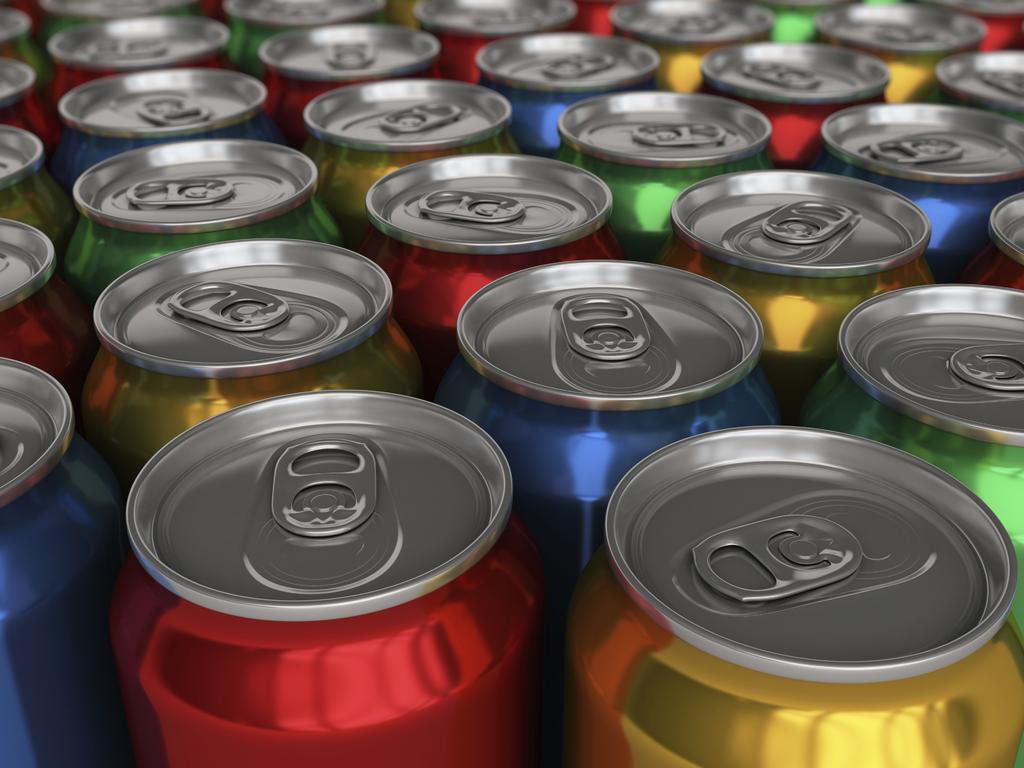

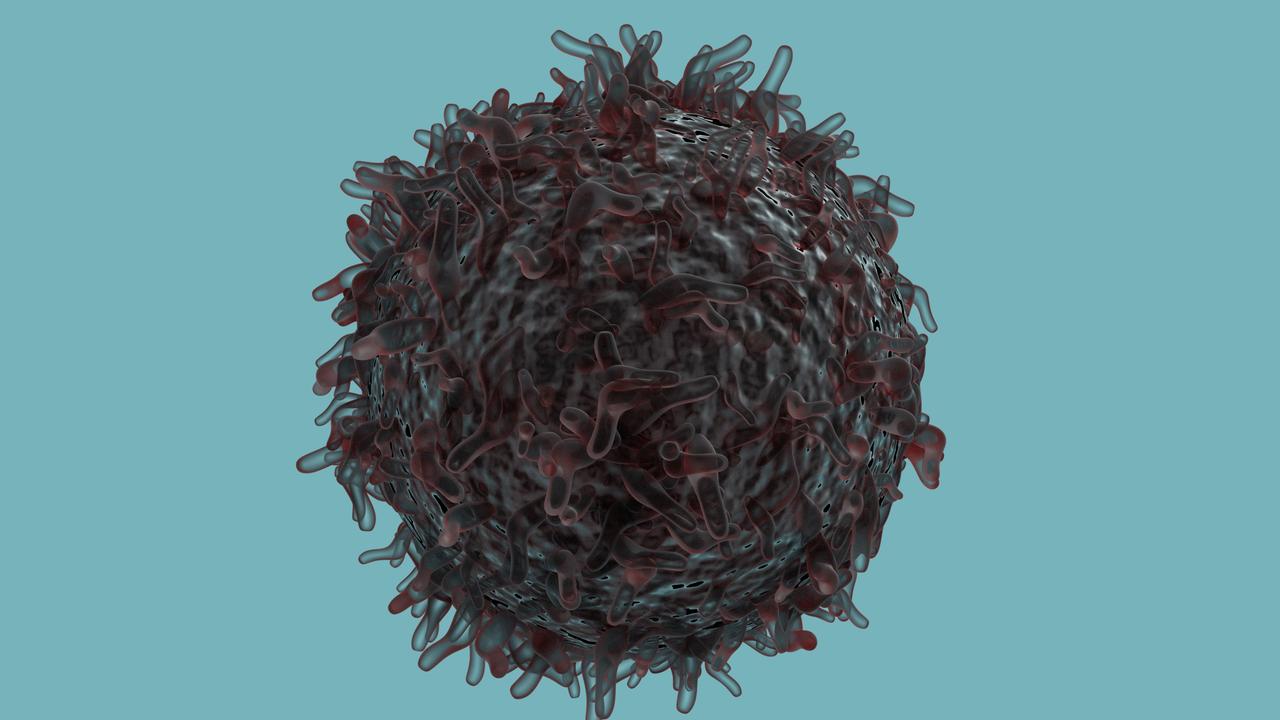
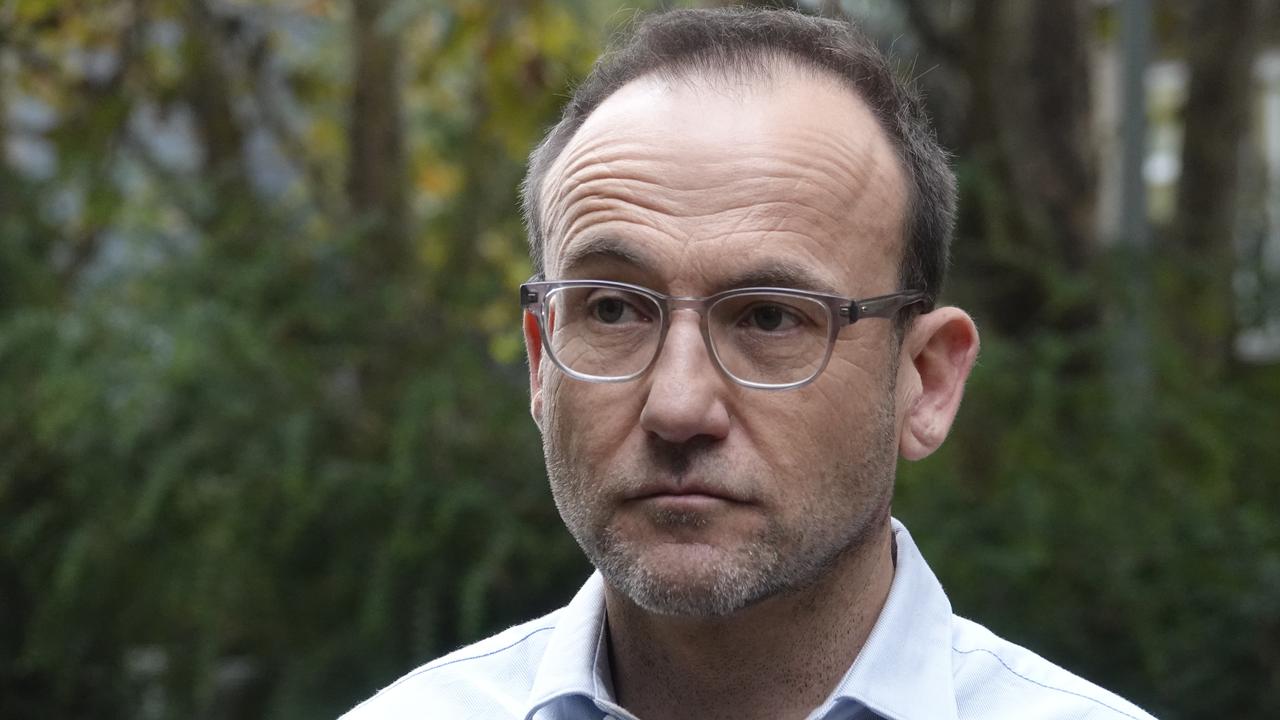
To join the conversation, please log in. Don't have an account? Register
Join the conversation, you are commenting as Logout